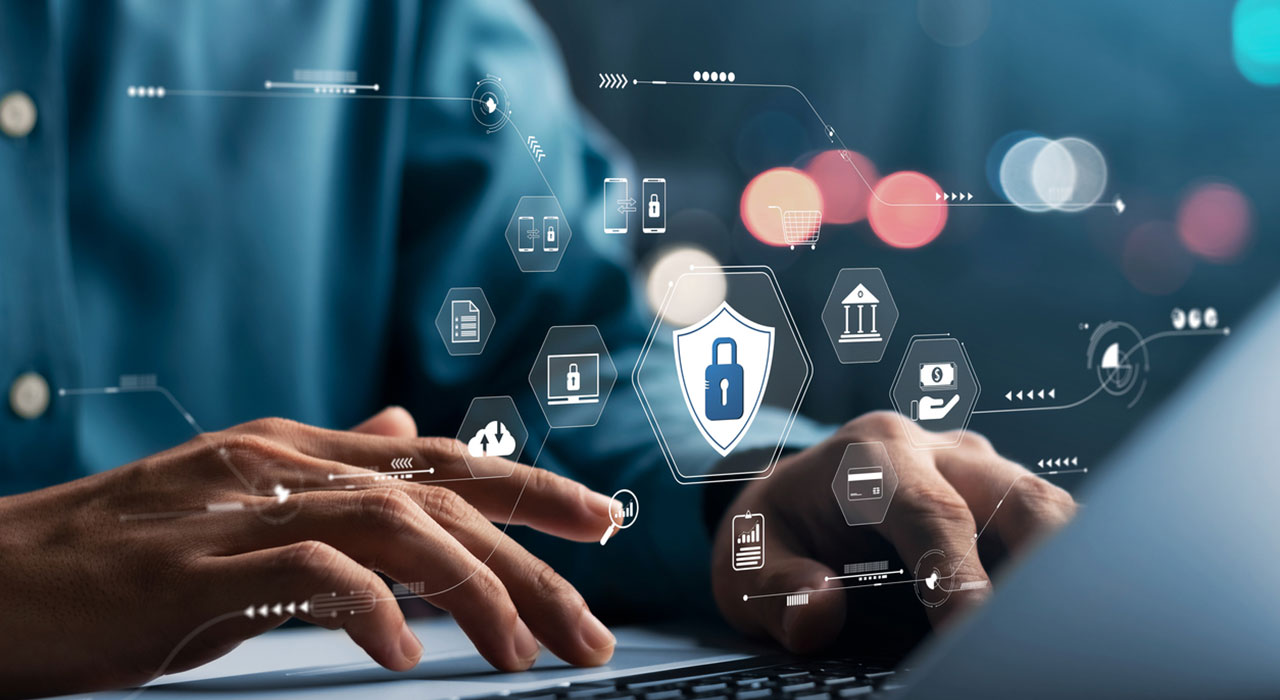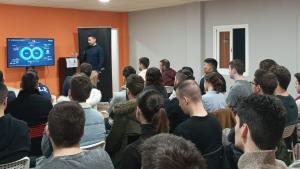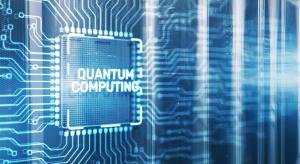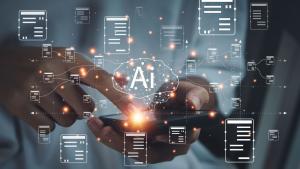Cybersecurity: The Cornerstone of Technological Projects - Asset Display Page

Cybersecurity: The Cornerstone of Technological Projects

Cybersecurity: The Cornerstone of Technological Projects
července 14, 2023
We live in a society marked by the use of new technologies and the need for immediate information. As we move into the new digital age, the risk of cyberthreats is becoming ever greater, not just in terms of quantity, but also in complexity and cost to companies. In fact, relentless technological evolution is giving rise to new increasingly sophisticated and intelligent methods and attack vectors cybercriminals are taking full advantage of.
This problem was one of the central issues discussed at the most recent RSA Conference, the world's leading annual cybersecurity event. During these conferences, which bring together more than 40,000 attendees, the challenges and opportunities offered by new technological solutions are addressed and participants also learn about the impact these products and developments generate in the field of cybersecurity.
Currently, one of the most talked about trends is the abuse of generative AI models, such as ChatGPT, which entails the creation of malicious code on an industrial scale in mere minutes, causing an increase in the frequency and scope of attacks at all levels and sectors. In fact, this new technology has sparked an enormous debate focused more on the threats rather than the advantages it offers, making us wonder what this phenomenon has unleashed. All of this is due to cybercriminals using AI to perpetrate their attacks.
Another trend is undoubtedly security in the cloud, which has caused cloud providers to launch an expanded array of tools to protect the confidential information of the companies they service. This is because the data that we store in the cloud is the most susceptible to receiving a cyberattack. Taking this into account, it is not surprising that cloud attacks have grown by more than 90%, and that many within our industry talk more about the risks and dark side of the cloud than about its benefits.
Nor should we forget that data governance has become one of the main concerns of companies and governments around the world. Data is every company’s main asset and the biggest driver of its business, so reinforcing its security has become one of the biggest activities for companies. In addition, data governance has a strong impact on privacy and information security.
On the other hand, there is a significant gap in terms of cyber talent, which leads to hackers carrying out their activities unfettered. Within this context, as the study that the cybersecurity organization (ISC)2 presented during the RSA Conference highlighted, there is an alarming dearth of global actions to reduce this gap, as well as a lack of coordinated international policies and regulations against cybercriminals.
Simultaneously, we are also witnessing an important change in the cybersecurity investment ecosystem. Venture capital funds are shifting from promoting AI and machine learning tools to investing in startups that can protect code from leaking out of AI training suites. In addition, since the fall of Silicon Valley Bank in the United States this past March, a lower availability of American funds for investment has been perceived in the cybersecurity sector, which represents an ideal opportunity for European companies to obtain greater participation in emerging companies in this sector.
Success in the protection of companies, citizens, infrastructure and public administrations depends on active and tangible collaboration among entities of every type, size and geography. As the RSA Conference motto “Stronger Together” indicates, we are stronger when we work together. Only then will we be able to strengthen business security and take advantage of the opportunities offered by emerging technologies.
Lola Rebollo, Director of the Public Sector and Cybersecurity of NEORIS in Spain
Featured
Most viewed
-
IA, SIM Swap y disrupción: las tendencias más destacadas del MWC 2024
března 25, 2024
-
NEORIS lanza HealthCheck para ayudar a las empresas frente al Coronavirus
března 27, 2020
-
NEORIS se convierte en Socio del Año de Microsoft
července 23, 2020
-
Microsoft reconoce a NEORIS como socio del año para SAP en AZURE
července 23, 2020










